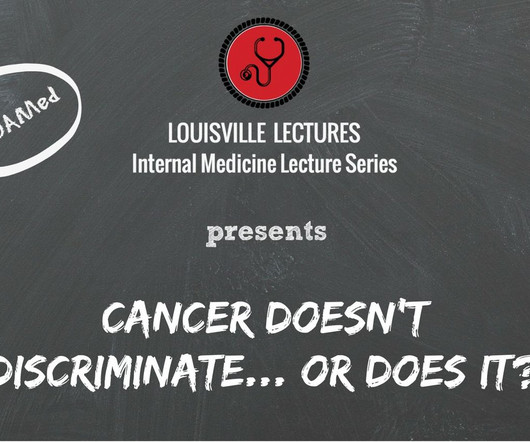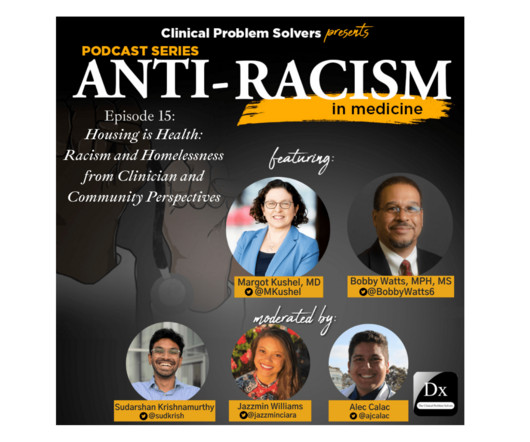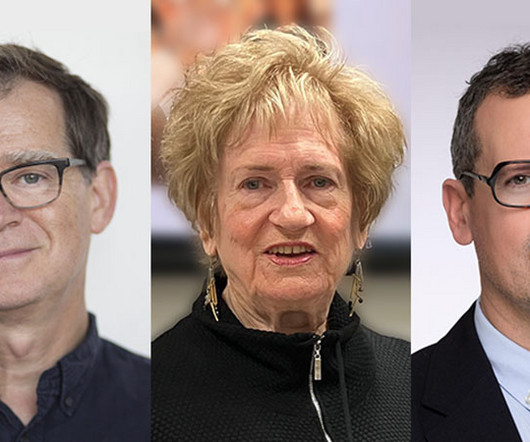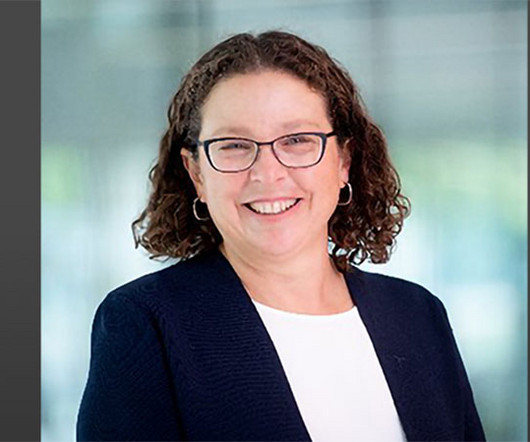Cancer Doesn't Discriminate. or Does It? Dr. Rebecca Redman
Louisville Lectures
APRIL 1, 2022
She graduated from the University of Wisconsin School of Medicine & Public Health in 2003. She works in Louisville, KY and one other location and specializes in Internal Medicine and Hematology/Oncology. Redman is an associated professor at the University of Louisville.












Let's personalize your content